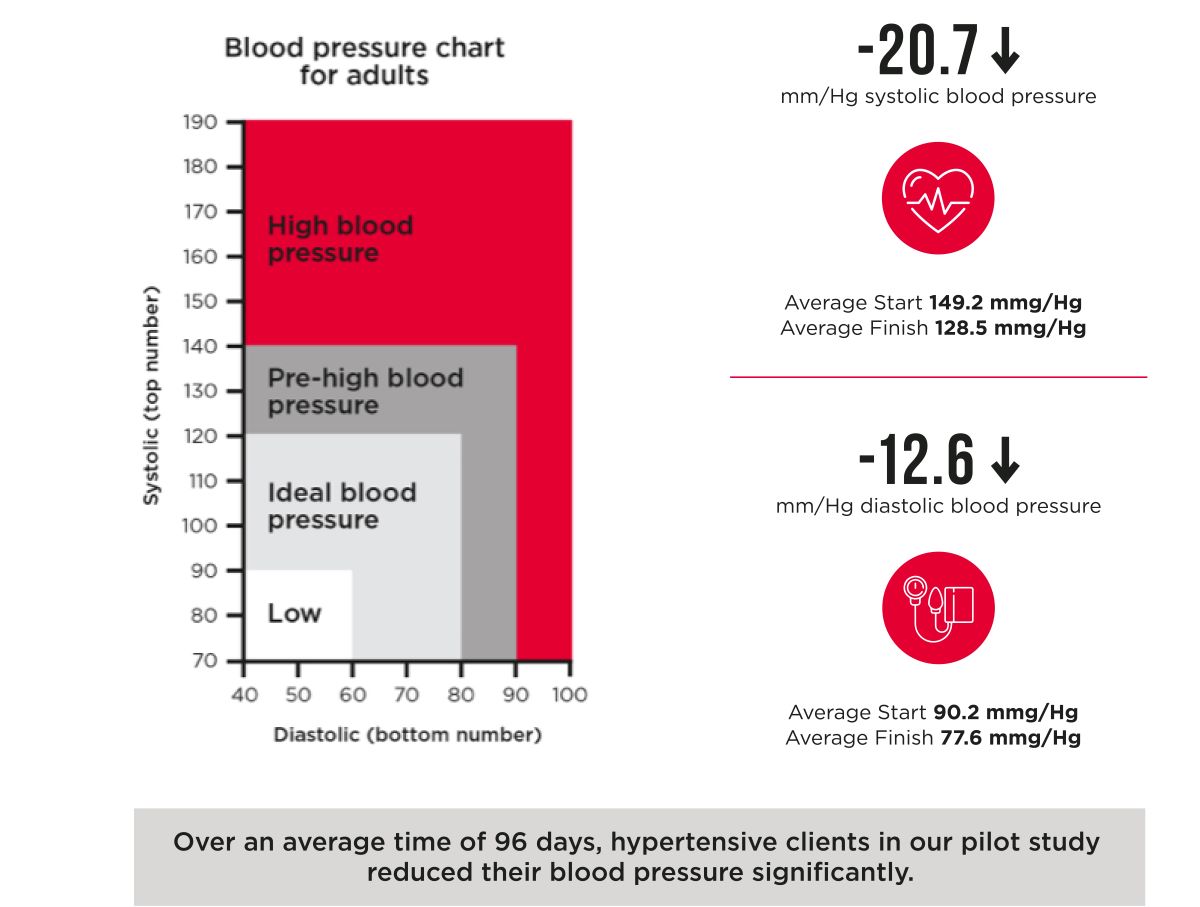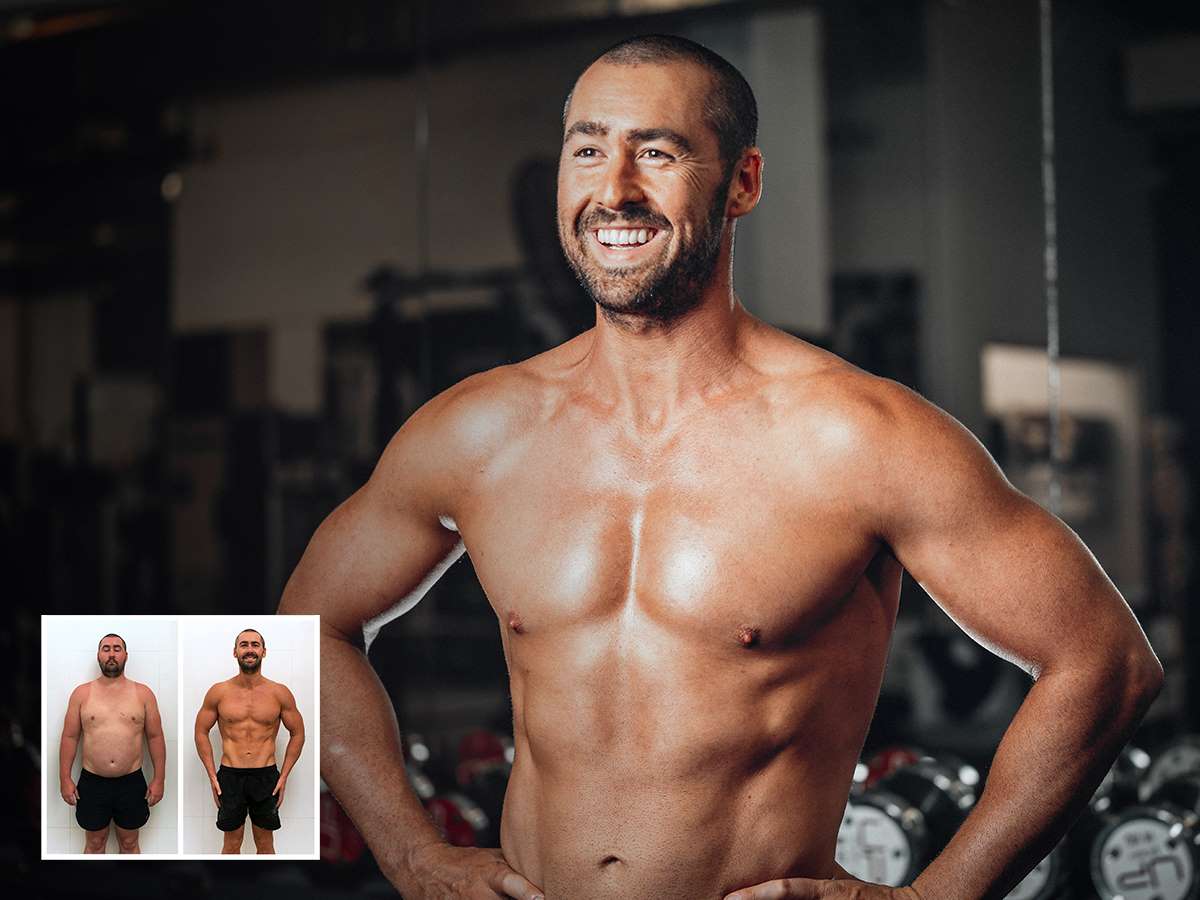Cardiovascular Disease (CVD) is the number one killer, globally, according to the World Health Organisation.
It causes around 17.9 million deaths each year – that’s a staggering 32% of all deaths worldwide (i).
The majority of these deaths are triggered by risk factors such as high blood pressure, high cholesterol, obesity, and diabetes, which can largely be prevented or managed through lifestyle changes.
There are some risks associated with heart disease that we cannot change, such as a family history of heart health problems. However, unhealthy lifestyle habits are a critical and entirely avoidable component that you can control.
Your heart health is in your hands. By making these simple changes, you can reduce your risk of heart disease.

1. Get moving
A mountain of evidence shows that physical activity is a critical element in reducing your risk of cardiovascular-related issues. Exercise improves the body’s ability to catch and process excess cholesterol, reducing your risk of atherosclerosis. Atherosclerosis refers to a build-up of plaque in your arteries, causing blood pressure to elevate, and is a key stage in CVD development (ii, iii).
Exercise also helps lower blood pressure by enabling the circulatory system to handle more blood (iv, v). In addition, physical activity reduces your risk of developing comorbid conditions such as diabetes through its positive effects on insulin (vi). Whether it’s taking the stairs instead of the lift, heading out for a walk to clear your head, or trying your hand at a dance class, aim to make moving a part of your daily routine.

A December 2021 study found people who did 9,500 steps per day had a 43% lower risk of CVD than people who only did 3742 daily steps (Journal of Sports and Health Science)
2. Improve your body composition
The number one factor that helps to prevent nearly all serious health conditions is weight loss. Studies show that 32-49% of patients suffering from heart failure are obese, and 31-40% are overweight (vii). Heart failure may occur in obese and overweight patients a shocking 10 years before individuals with a healthy BMI (viii).
Obesity is also a major cause of hypertension and accounts for around 65-75% of the risk profile for high blood pressure[8]. Research shows that if you’re obese, losing 5-10% of your body weight can reduce your risk for hypertension by 65%. The most effective way to improve your body composition is by losing body fat, which you can do through a combination of increased activity, nutritional changes, and resistance training.

3. Switch up your nutrition
While it’s true that reducing your calories is key to losing weight, if you’re serious about improving your heart health, where those calories come from is also important. Saturated and trans fats, as found in high-fat dairy and highly processed foods, impair the body’s ability to process cholesterol (ix). Poor cholesterol management is one of the main triggers of atherosclerosis.
Replacing highly processed, calorie-dense foods with ‘healthy’ fats, like nuts, avocado, and olive oil, and getting a high fibre intake through plenty of vegetables puts your body in a prime position for optimal heart health (x, xi). Maximising your intake of high-quality proteins from single-ingredient sources (think ‘eat from the land’) will also keep your body metabolically healthy and strong.

4. Quit smoking
There is overwhelming evidence that smoking significantly increases your heart disease and stroke risk (xii). Smoking increases your risk of developing atherosclerosis and high blood pressure by reducing the amount of HDL (healthy cholesterol) in your body. The likelihood of low HDL may increase by up to 80% in smokers compared to non-smokers (xiii).
HDL is a critical component in your body clearing cholesterol effectively. However, the benefits of quitting appear after even a short amount of time, so there’s no time like the present to start putting your health first (xiv). If you’re struggling to quit tobacco, talk to your doctor about developing a tailored plan to suit your needs.

5. Manage stress
Stress triggers a cascade of changes in the body designed to help you evade life-threatening situations. One of these changes is a rise in the body’s stress hormone, cortisol, which makes the body’s fuel stores available for use. At the same time, the body also needs to stop producing insulin, a hormone designed to store fuel in muscle cells. This is a highly effective survival mechanism under normal circumstances. But when stress becomes chronic, it can increase your risk of diabetes, high blood pressure, and cardiac events (xv, xvi, xvii).
However, the good news is that exercise improves the body’s ability to deal with stress. Research shows that people who exercise have a reduced physical response to stress, with reduced blood pressure and heart rate compared to those who do not exercise (xviii). Taking a proactive approach to stress is far better than acting when stress has reached uncontrollable levels.
As such, it’s important to recognise and understand what causes you stress and create strategies to deal with them when they occur. While it might be tempting to turn to alcohol as a crutch, mindfulness activities such as meditation, yoga, and journaling are far healthier mechanisms with proven benefits for mental health (xix). Regular physical exercise, specifically resistance training, has also been shown to reduce reactivity to stress (xx).

Vimal put his family heart health fears behind him with his 25kg transformation.



